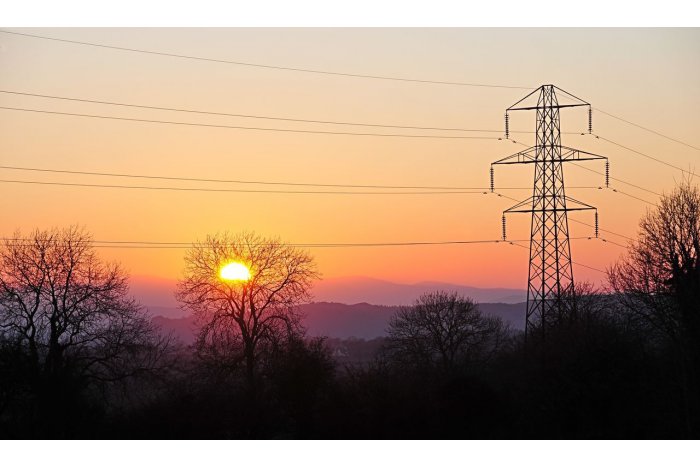Expert says Moldova joining European Energy Community might represent solution to more problems in energy sector
13:19 | 28.05.2019 Category: Economic
Chisinau, 28 May /MOLDPRES/ - Moldova joining the European Energy Community (EEC) might represent the solution to more problems in the energy sector, a political pundit of the Viitorul (Future) Institute, Ion Tabarta, has said in the News Bulletin.
According to the expert, the implementation of the commitments taken within EEC could eventually lead to the diversification of the energy supply sources, de-monopolization and liberalization of the energy market, separation of activities in the energy sector, restoration and modernization of infrastructure, non-discriminatory tariffs for consumers.
Ion Tabarta noted that the energy sector was one of the vulnerable fields of Moldova, as it could not ensure the national security in case of emergency situations. Moldova’s energy vulnerability is triggered by the dependence on the natural gas and electric energy from abroad, obsolete infrastructure and tariffs inappropriate to the economic needs.
Following the signing of the Association Agreement with EU, Moldova started transposing and implementing the provisions of the Third Energy Package, adopted by the European Union in 2009.
Moldova recorded good results in the transposition of European directives in the national legislation, by adopting more laws in the energy sector. Nevertheless, the country registers delays as to the adoption of sectoral laws in the energy field, such as the law on oil, the IDIS Viitorul analyst said.
The reformation and modernization of the Moldovan energy sector “will be carried out only following the enforcement of these laws, when their functionality is ensured.” First of all, the normative framework is to be adopted, which is underway, yet with delay. The delays are explained by state’s institutions through working procedural aspects, which take more time than scheduled.
Secondly, the separation of activities of production, transport, distribution, supply in the electric energy field has been made. As for the natural gas sector, the market’s liberalization is difficult to carry out because of the monopoly position of Moldovagaz. Namely for this reason, Moldova enjoys derogation from the European Energy Community till 2020 to implement the market’s liberalization in the natural gas sector. The independence of the market’s regulator is important, in order to achieve a competitive energy market.
The third dimension, the structural one, is under implementation; yet, many measures are carried out with more delays. The success of the market’s liberalization in the energy sector is directly connected with the modernization of infrastructure, but in particular, in the direct dependence on the carrying out of the inter-connections with Romania – Iasi-Ungheni; yet, its capacities are not able to ensure the energy diversification. To achieve this goal, the energy inter-connection with EU must be implemented, which can be done only through Romania. Moldova’s government in 2015 signed a memorandum with the Romanian cabinet on the carrying out of five far-reaching projects, which would ensure the inter-connection of the natural gas and electric energy networks between the two states. Although these infrastructure objects were to be constructed in three years, only the building of the Ungheni-Straseni gas pipeline is under implementation; the rest is at the phase of initiation, Tabarta also said.
To tighten the security of the energy sector, “Moldova must modernize and reorganize it, in order to be able to overcome the vulnerabilities inherited from the past. Contrary to the expectations coming from the national interest of Moldova, this process takes place much slower than planned.”

